For most Australians, I suspect, one of the big discoveries of 2020 would have been the extent to which our country is still a collection of separate states. Despite the slogan of being ‘all in it together’ and the creation of the so-called National Cabinet, an ineffectual PR exercise if ever there was one, when it came to dealing with the pandemic it was every state (and territory) for itself.
As well as discovering that on everything that doesn’t involve spending vast amounts of money, the states still hold the whip, the other discovery was just how invisible our state premiers had become; so that when they emerged from comparative obscurity to determine whether or not we would be allowed to go to work, or to have people visit our homes, we realised how much of our lives were at the mercy of a political third eleven.
Yet as this dismal year draws to a close, remarkably, there’s a distinct note of self-congratulation in the public commentary; much of it designed to get the Australian population to go along with the astronomical levels of budget debt and deficit we haven’t seen since the aftermath of the second world war. And to wash away our tremendous loss of liberty, particularly in Melbourne where five million people suffered under four months of the world’s harshest lockdown, with riot police in parks, $5,000 fines and businesses decimated, all because gross failures in policy implementation caused the state’s second wave.
But despite all the spin, it wasn’t Canberra’s opening of the cheque book that’s kept our death toll low but instead, the closing of our national borders. Imagine the sort of fiscal result we might have if we had closed them in February and not March as I argued at the time, even allowing for the incompetence of Victoria. Nevertheless, with some semblance of normality only now returning as we head into the Yuletide season, we are all being programmed to be grateful!
Our ‘achievement’ is that only about 1,000 Australians (average age about 85) have died with Covid, even though 90 per cent of them died because the Victorian government’s errors let the virus escape from quarantine, as proven via genomic testing.
Far from being grateful, I think we should be furious that the Victorian government ran its hotel quarantine programme with such epic ineptitude. Praising the Victorian government for saving people from the plague is like shaking hands with the arsonist who lights the fire but then helps the fire brigade to put it out.
With the partial exception of the steady Gladys Berejiklian, the premiers kept aspects of lockdown going for months longer than necessary. It was as if, having finally found their way back into the political spotlight, they were determined to stay there by making, and then flexing, innumerable rules which their police could then ostentatiously enforce against ordinary citizens. Far from showing Australians at their best, it’s been a year that’s exposed the latent authoritarianism in officials, and the conformism and timidity in citizens.
Putting private security in charge of hotel quarantine in Victoria, and then giving the job to a firm that wasn’t on the approved list with no due diligence or due process, and then pretending that it had just happened without any one person in authority making any actual decision is a shameful indictment of government in Victoria.
On top of this, the establishment of an inquiry that refused to inquire, in any meaningful way, into what had happened was treating the public with contempt. It’s one thing to have a crook government run the state but to think our justice system is not sound is what’s really shaken me as I looked more and more closely into the apparatus that is the Socialist Republic of Victoria. The Victorian opposition has done its best to hold Premier Dan Andrews to account; but it’s been largely ineffective, with parliament rarely sitting, supposedly on infection-control grounds (and, when it does, dealing with lefty sideshows like gay conversion therapy rather than the still on-going state of emergency declaration). And rather than ask the tough but necessary questions, the local media has either fawned over their parochial champion or pulled their punches to avoid landing on a government hit-list.
If the polls are to be believed, instead of being angry about the incompetence and dishonesty that made their virtual imprisonment unavoidable, as yet, Victorians are more inclined to relief that their ordeal may finally be over. It’s the best example of Stockholm Syndrome we’ve had in recent times and it’s a lesson in how quickly a ruthless political machine can overwhelm reality. Given the lives lost and the billions spent dealing with this pandemic, there must be a national Royal Commission into Covid-19 to assess what we got right, where we failed and what can be done to better prepare us for the future, because this will not be the last time we, or indeed the world, are challenged by a deadly pathogen.
We can hardly call for a global inquiry into this pandemic if we’re not prepared to look at how we handled it here at home, given how routinely we hold royal commissions into similar natural disasters such as bushfires.
One of my resolutions for 2021 is to pay more attention to our dysfunctional federation, in the hope that our leaders might return to the roles our Constitution lays out for them, and to better scrutinise the policies of state governments, in particular, the duplication of spending and effort that has grown exponentially.
But every Australian voter’s resolution should be to pay much more attention to those we elect to state parliament. State governments run public schools, public hospitals and public transport. They approve and still largely fund infrastructure. They’re in charge of planning and police. Except for the cash in our pockets, they’re still the level of government that has the most impact on our daily lives.
State politics, in other words, is too impactful to leave largely in the hands of un-scrutinised nobodies.
Got something to add? Join the discussion and comment below.
Get 10 issues for just $10
Subscribe to The Spectator Australia today for the next 10 magazine issues, plus full online access, for just $10.
You might disagree with half of it, but you’ll enjoy reading all of it. Try your first month for free, then just $2 a week for the remainder of your first year.

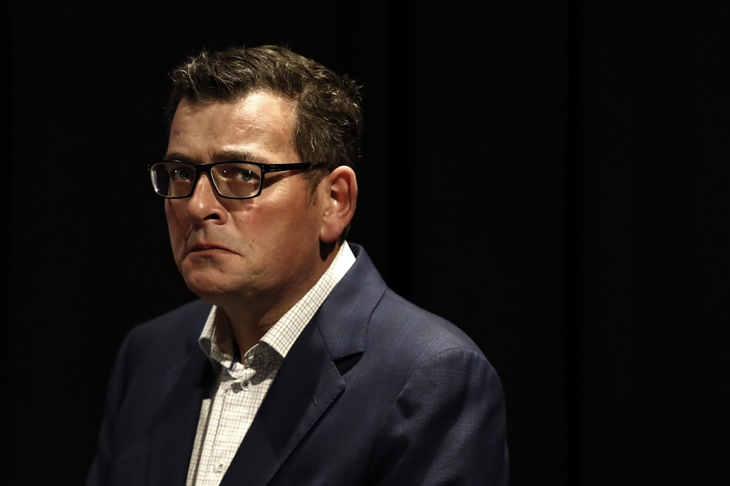
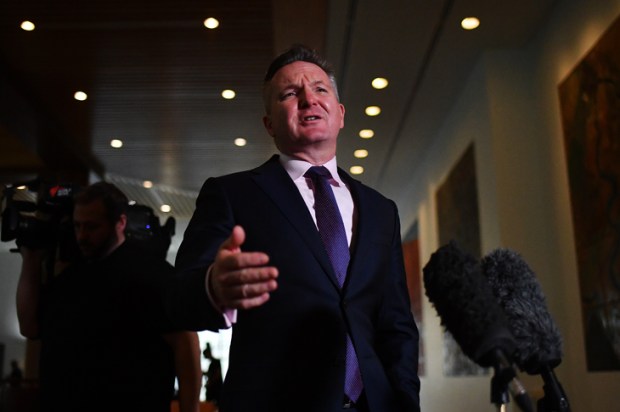
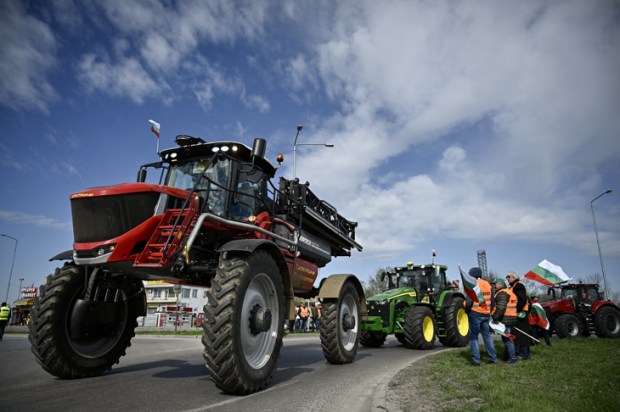
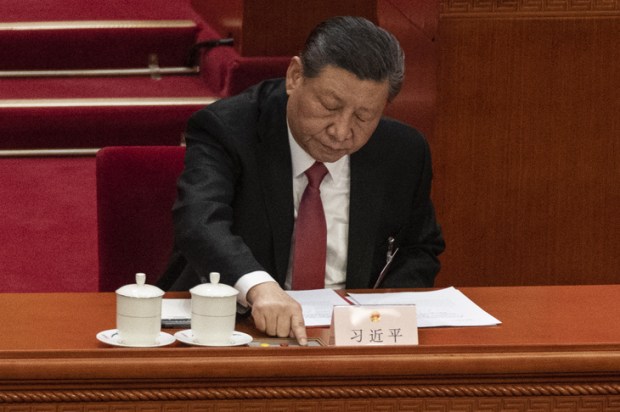
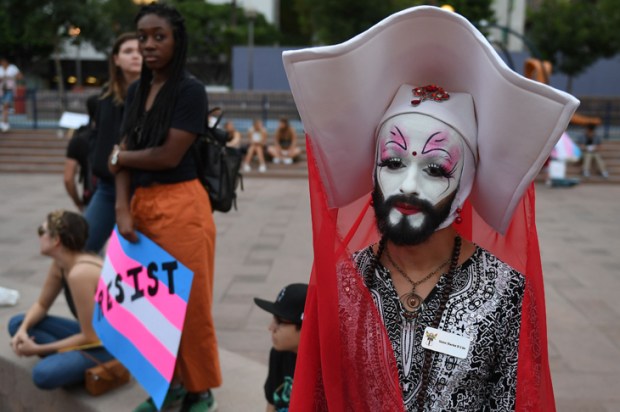
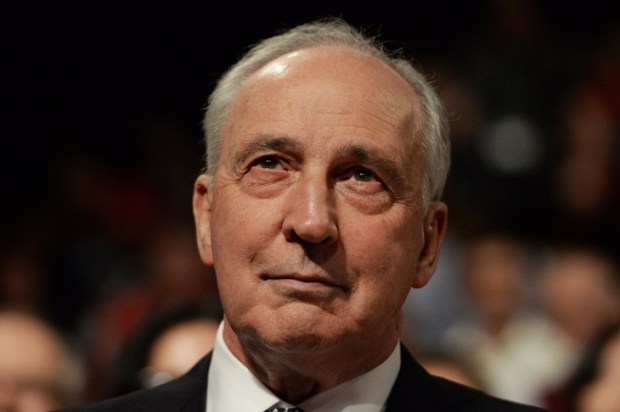
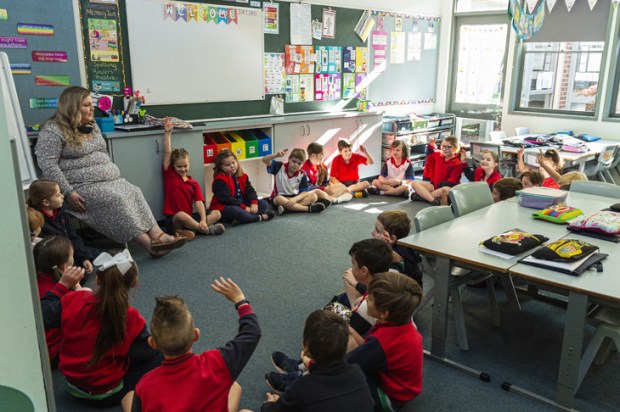






Comments
Don't miss out
Join the conversation with other Spectator Australia readers. Subscribe to leave a comment.
SUBSCRIBEAlready a subscriber? Log in